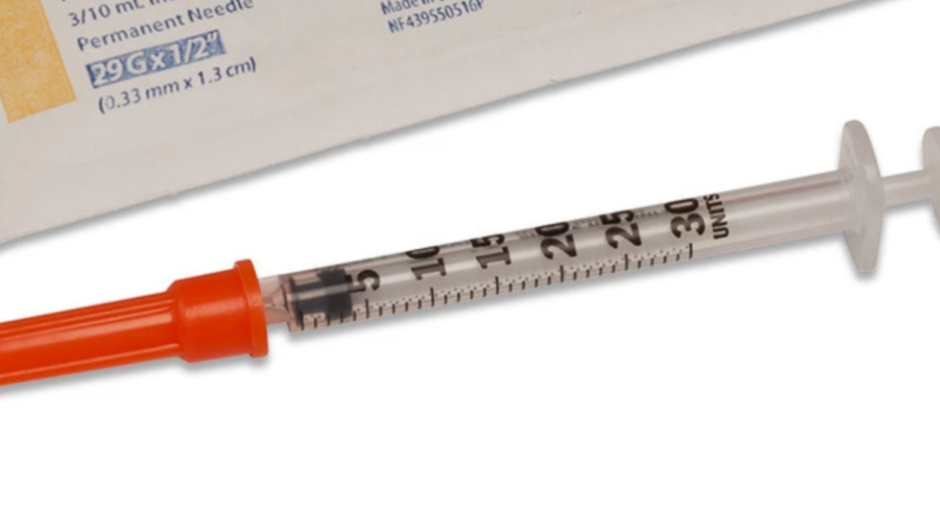Federally qualified health centers and their trade groups are adamantly opposed to implementing a Trump administration rule to require health centers to provide insulin and injectable epinephrine to low-income patients at the price the centers pay for those drugs under the 340B program.
Two hundred comments were lodged with the U.S. Health Resources and Services Administration (HRSA) during a five-day window for submissions that concluded March 14. Not a single comment in support of implementing the rule appeared to be filed.
Virtually all of those who submitted remarks were executives with FQHCs, community clinics, and regional trade associations for those providers. The American Academy of Family Physicians (AAFP) also submitted input.
The rule was formulated following an executive order issued by former President Donald Trump last July ordering FQHCs participating in 340B to sell injectable epinephrine and insulin at the same price at which the drug was acquired.
The rule, published last December, would require health centers to make insulin and injectable epinephrine available at or below 340B acquisition cost to patients with incomes at or below 350 percent of the federal poverty level. Future funding from the federal government could be predicated on whether clinics conform to the rule.
The rule was set to go into effect on Jan. 22, two days after Trump left office. The Biden administration immediately delayed its implementation to March 22 as part of a sweeping review of pending regulations. It then sought input about delaying it until July.
FQHCs have blasted the rule, claiming it would create new bureaucratic hurdles and raise their costs. That antipathy was echoed in the submitted comments. They not only welcomed the delay, but many asked that the entire rule be struck down.
“We urge the Administration to consider a fresh review of the previously submitted comments and ultimately rescind this regulation,” wrote Sean Philpott-Jones, vice president for government relations and grants management at the Hudson Headwaters Health Network in Queensbury, N.Y.
“While we are supportive of policies to make these medications more affordable for patients, the AAFP is concerned that the final rule will have limited benefit for low-income patients and reduce the profit margin of community health centers, which is ultimately used to improve access to care for other patients and services,” noted its comment letter, signed by AAFP Chairman Gary LeRoy, M.D.
Most of the comments reflected the following key points:
- The rule has no basis or precedent in law
- It would take months to come into compliance and possibly delay COVID-19 vaccination efforts
- Clinical and billing software would require extensive and pricey upgrades to monitor shifts in pricing for drugs
- Contract pharmacies working with clinics would balk at the new rule and stop working with the clinics
- The rule and the executive order are “based on fundamental misunderstandings regarding how community health centers and the 340B program operate.”
“The responses are very process-oriented,” said Colleen Meiman, a policy advisor for state and regional primary care associations. She noted that HRSA struggled to craft a rule based on Trump’s executive order. “He said that community clinics were charging massive full-on prices for drugs…to say we’re profiting off of low-income patients is so wrong as to be insulting.”
Were the rule to be implemented in its present form, Meiman fears that offering insulin at, say, a penny to a patient with income below 350 percent of the federal poverty level would lock that in as a “usual and customary” charge. As a result, insurers would only pay the clinics a penny while potentially collecting rebates from the manufacturers.
“I think it just needs to be killed flat out,” Meiman said.
The Biden administration is expected to issue a response to the comments made on the proposed rule before March 22.


